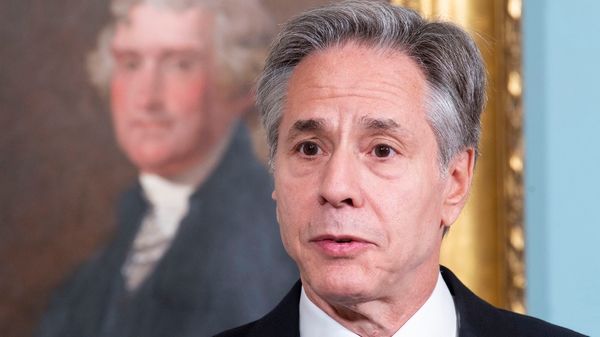July 7, 2009
U.N. Chief: World Not Doing Enough to Fight AIDS & Improve Health
Steve Weinstein READ TIME: 2 MIN.
U.N. Secretary-General Ban Ki-moon urged governments on Monday to increase development aid for the poorest countries and to improve health services, saying nations have moved too slowly to meet their goals of eradicating poverty and hunger.
Those goals have become even more difficult to achieve with the global economic downturn, Ban said.
"Higher food prices in 2008 have reversed the nearly two-decade trend in reversing hunger," Ban told government officials at a meeting of the U.N. Social and Economic Council.
"Momentum to reduce overall poverty in the developing world is also slowing. Tens of millions of people have been pushed into joblessness and greater vulnerability," he said.
The latest U.N. report to review progress on the so-called Millennium Development Goals says the world will fail to achieve most of its targets to boost wealth, health and the quality of life in poor countries by 2015.
The goals, adopted by world leaders in 2000, include cutting extreme poverty by half, giving all children an education and reversing the HIV/AIDS pandemic.
"We have been moving too slowly to meet our goals," Ban said.
Ban said the total annual aid flow to Africa remains at least $20 billion below what world leaders pledged at a summit in Gleneagles, Scotland in 2005. The G-8 at that time promised to increase aid to sub-Saharan Africa by US$25 billion a year by 2010.
Ban is scheduled to attend the Group of Eight summit of industrialized nations, which opens Wednesday in L'Aquila, Italy.
"I urge the G-8 to set out, country by country, how donors will scale up aid to Africa over the next year," he said. "The credibility of the international system depends on whether donors deliver."
Governments should strengthen their health services, Ban said, noting that many countries in sub-Saharan Africa and South Asia have made little or no progress in improving their people's health and preventing young children and mothers from dying. Rich nations should boost development aid in public health, he said.
U.N. health chief Margaret Chan said the global economic downturn has also led to a public health crisis with a dramatic rise of chronic diseases related to poor diet.
Healthy food, such as fresh fruit and vegetables, are dropped first if households have to cut their budgets, said Chan, director-general of the World Health Organization.
The control of chronic diseases and the improvement of mothers' health worldwide must be top priorities for governments, she said.
"The gaps and inequities that we are all trying so hard to address are likely to grow even greater," Chan said. "Crises like the food crisis, the financial crisis, climate change and pandemic influenza will deepen the misery and worsen the health of people in countries that already suffer the most."
Steve Weinstein has been a regular correspondent for the International Herald Tribune, the Advocate, the Village Voice and Out. He has been covering the AIDS crisis since the early '80s, when he began his career. He is the author of "The Q Guide to Fire Island" (Alyson, 2007).







